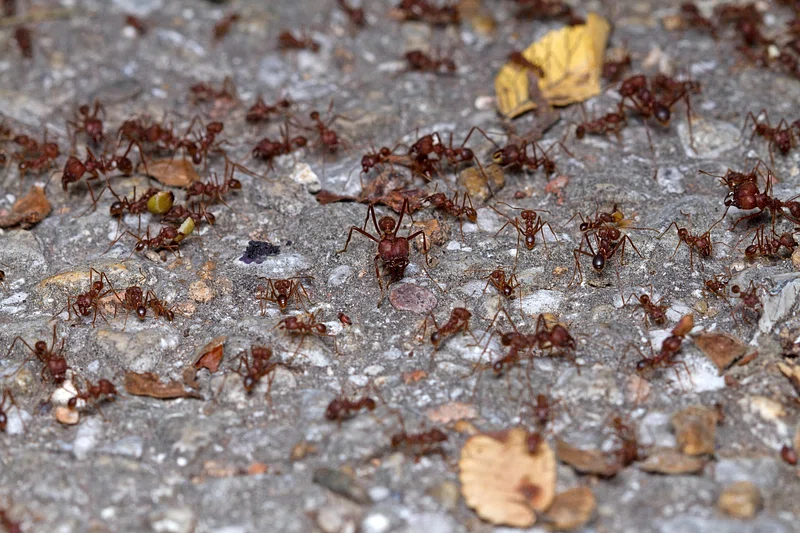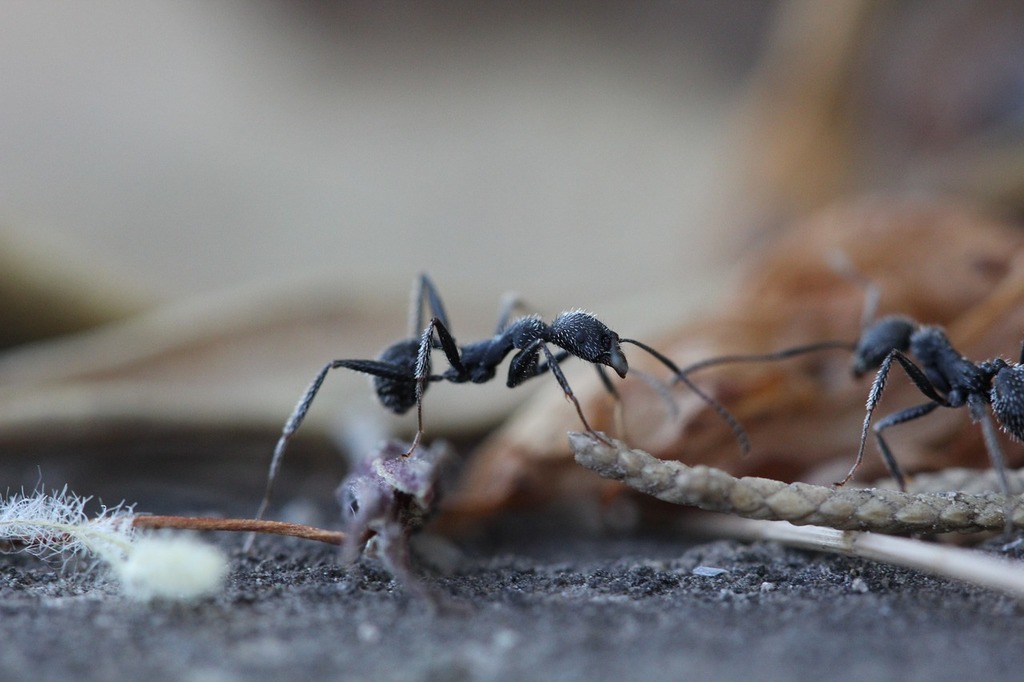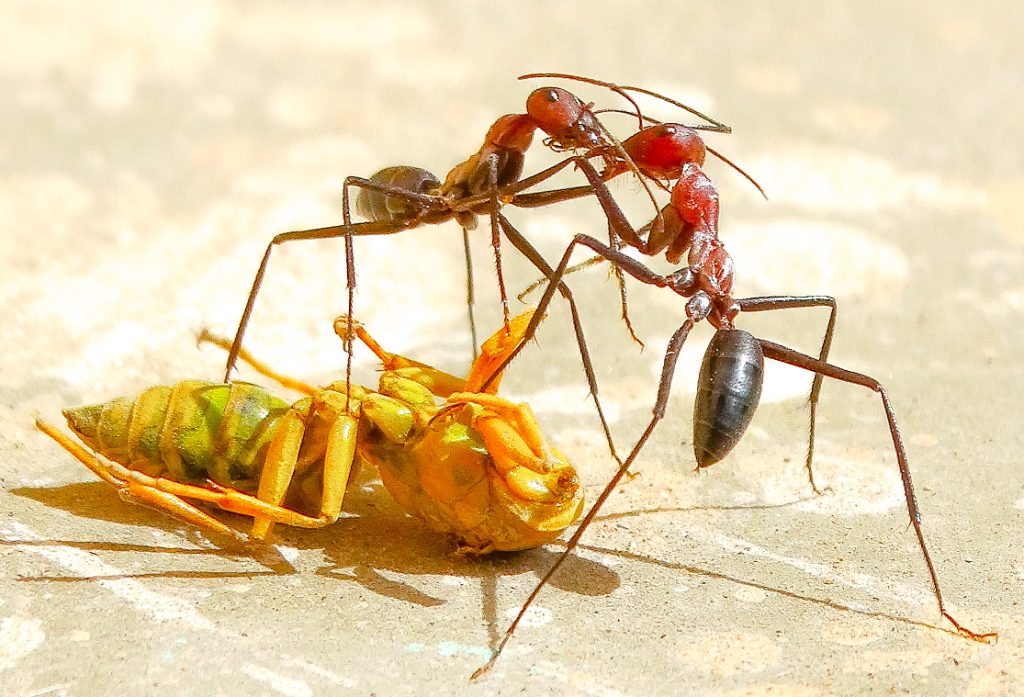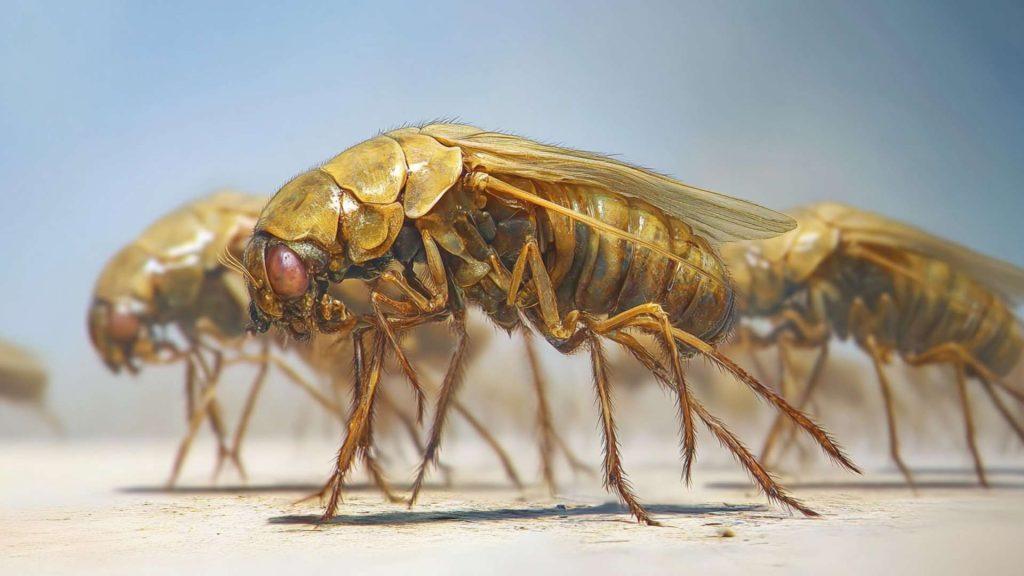If you’ve encountered a fire ant infestation, you know the importance of finding an effective remedy to get rid of them quickly. These pests build large colonies, often creating unsightly mounds in yards, and they can invade homes in search of food. In this guide, we’ll explore the best remedies for killing fire ants, how to stop them from coming into your home, and tips for preventing future infestations.



Understanding Fire Ants
Fire ants are social insects that live in large colonies, usually consisting of thousands of ants. At the centre of each colony is the queen, whose sole purpose is to reproduce and grow the colony. These colonies build their nests in mounds of soil, which are often visible in lawns or gardens. Disturbing a fire ant mound can result in aggressive attacks, as fire ants sting in defence of their nest. These stings can be painful and, for some people, may cause allergic reactions. Fire ants are notoriously difficult to control because they can relocate their nests when threatened. Simply disturbing the mound will not eliminate the colony. Instead, you need targeted solutions to effectively kill the queen and ensure the entire colony is wiped out.
Best Remedies to Kill Fire Ants
One of the most effective methods for killing fire ants is using ant baits. Ant baits contain a slow-acting poison that worker ants bring back to the colony to share with the queen and other ants. Another common remedy is pouring boiling water directly onto the fire ant mound. This method is quick and simple, but it is not always effective for eradicating the entire colony. The hot water kills ants on contact, but if the queen is too deep in the mound, she may survive and rebuild the colony. While boiling water can be useful for killing ants in smaller infestations, it often requires multiple applications to eliminate a large mound fully. Insecticide granules are another popular option for controlling fire ants. These granules are spread across the lawn and are designed to kill ants when they come into contact with the treated soil. This method offers faster results compared to baits, as the granules work on contact to kill the ants. However, it’s important to follow the application instructions carefully to ensure maximum effectiveness and avoid harming pets or beneficial insects in your yard. Here’s a comparison of different methods to get rid of fire ants:| Method | Effectiveness | Speed of Results | Ease of Use | Safety | Cost |
| Ant Baits | High: Targets the entire colony | Moderate: Takes days to weeks | Easy to place around mounds | Safe if kept away from pets/kids | Affordable |
| Boiling Water | Moderate: Kills ants on contact | Immediate but often temporary | Simple, but needs multiple applications | Low risk, but can cause burns | Very low cost |
| Insecticide Granules | High: Kills ants on contact | Fast: Acts within hours to days | Easy to spread on large areas | Risk of exposure to chemicals | Moderate cost for larger areas |
| Diatomaceous Earth | Moderate: Dehydrates ants gradually | Slow: Takes days, frequent reapplication | Easy to sprinkle, non-toxic | Safe for pets and humans | Low cost, but needs reapplication |
| Expert Pest Control | Very High: Targets colonies effectively | Fast: Immediate action with lasting effects | Professional handling, no effort for the homeowner | Highly regulated, safe use of chemicals | Higher initial cost, long-term savings |

How to Stop Ants from Coming Into the House
In addition to dealing with fire ants in your yard, it’s important to take steps to prevent them from entering your home. Fire ants can find their way inside in search of food, water, and shelter. Once inside, they can be difficult to remove without professional help. One of the best ways to stop ants from entering your home is by sealing any potential entry points. Fire ants can fit through even the smallest cracks, so it’s essential to inspect your home’s foundation, doors, windows, and any other areas where ants could gain access. Another key strategy is to eliminate food sources that may attract ants. Fire ants are always searching for food, so it’s important to keep your kitchen clean and free of crumbs or spills. Moisture is another factor that can attract ants, so fixing leaky pipes or faucets is essential in preventing an infestation. Fire ants need water to survive, and any excess moisture in your home can provide them with the resources they need to thrive.


